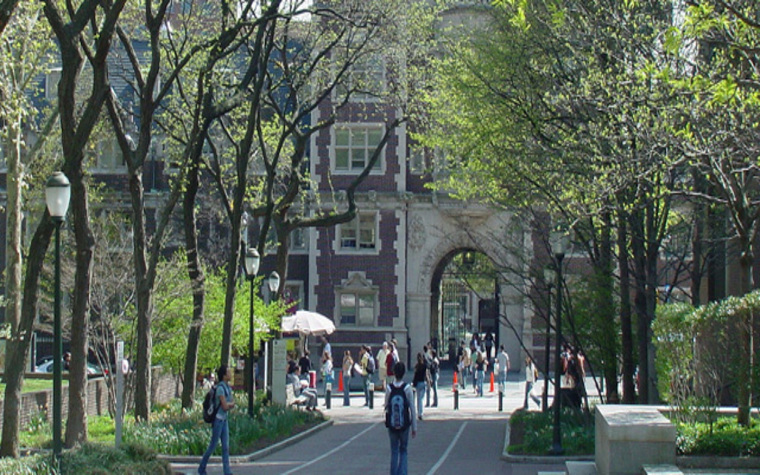While the drug cocktail known as antiretroviral therapy (ART) has made a significant impact in improving the lives of people diagnosed with HIV/AIDS, a research team including University of Pennsylvania demographer Hans-Peter Kohler recently found that the drug also does wonders for people who don't have the virus at all.
The findings, published in the current issue of the Journal of Health Economics, are based on a study of 4,000 men and women in 125 villages across Malawi, where 10 percent of adults have HIV. By looking at a number of factors, including perceived mortality, the researchers found that the less people were afraid of catching a deadly virus and dying, the better their mood and overall productivity were.
“Their mental health significantly improved," Kohler said. "They became less depressed. They ended up working more and being more productive. And that’s not because they could benefit from treatment in some direct way.”
Citing improved corn productivity and longer daily work days, Kohler's fellow researcher Victoria Baranov of the University of Melbourne said the improved morale has already had an impact on the number of people going to work and their output, which means a broader, even more successful HIV/AIDS treatment regimen could theoretically lead to major economic growth in the areas of African most affected by the virus.
“We could see effects on African economic growth that we haven’t really factored into the equation before. These medications are already out there, and there’s been a big push in making them available. This further reinforces how much more they should be available to areas that don’t have access.”


 Alerts Sign-up
Alerts Sign-up